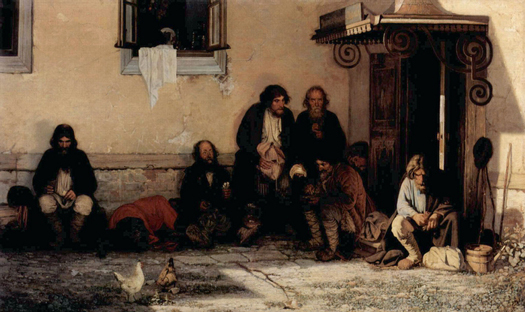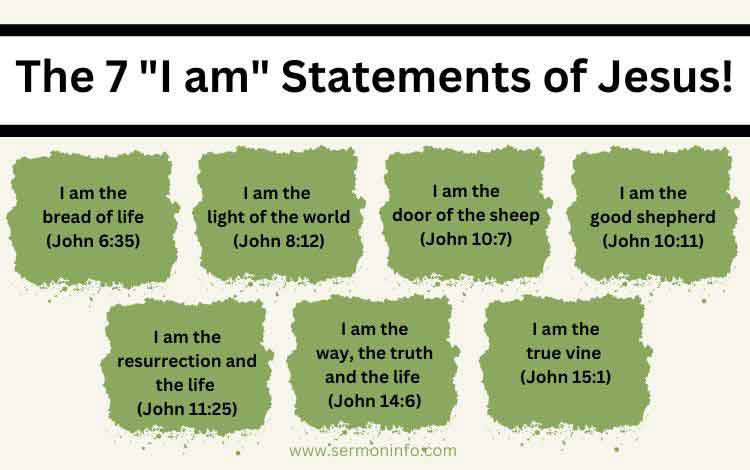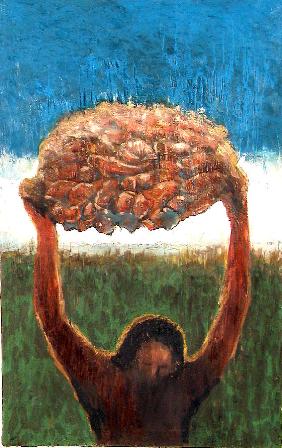From Songs in Waiting
 It is a song that speaks profoundly about being "childlike." Luke focuses his entire Christmas narrative around the person of Mary, who was probably just a child, a young girl who was perhaps twelve to fourteen years old, as it was customary for Jewish girls to marry just after puberty
It is a song that speaks profoundly about being "childlike." Luke focuses his entire Christmas narrative around the person of Mary, who was probably just a child, a young girl who was perhaps twelve to fourteen years old, as it was customary for Jewish girls to marry just after puberty
In this light, the Christmas story is of a child having The Child
When people begin to bring their children to Jesus for his blessing, the disciples send them away, seeing the children as a waste of his precious time. But Jesus rebukes them, saying, "Let the little children come to me, and do not hinder them, for the kingdom of heaven belongs to such as these" (Matthew 19:14), He is saying that the deepest spiritual knowledge, while hidden from the wise and learned, is revealed to children. He even goes so far as to say that in order to enter the kingdom of heaven, we must become like children: "Unless you change and become like little children, you will never enter the kingdom of heaven" (Matthew 18:3). Jesus often refers to us all as "children of God"
The name Magnificat comes from the first word in the Latin Vulgate translation of this song, "magnify" or "glorify." Most probably a compilation of phrases from the Psalms, various Old Testament prophetic books, and Hannah’s Song in 1 Samuel, the Magnificat has been part of Christian liturgy at least since the time of Saint Benedict in the fifth and sixth centuries.
The Magnificat has been recited every day for centuries by Christians, chanted by monks, and set to music by composers of every age, perhaps the most famous being Johann Sebastian Bach’s composition, which he wrote for Christmas Day 1725
It is on behalf of this baby that majestic buildings like Notre Dame Cathedral in Paris have been constructed and great saints like Francis of Assisi or Mother Teresa have so wholeheartedly dedicated their lives to the service of God and humankind. It is to the glory of the one whose birth we celebrate that Bach composed, El Greco painted, Augustine of Hippo preached, and Pascal wrote, and because Jesus the Christ was born countless individuals would receive comfort as they went serenely to their martyrdom years after his own death. Knowing all this, it is a deeply moving experience to stand today in Nazareth, in the Church of the Annunciation, the site where it is believed Mary was first confronted by the angel. The lines in the first scene of Shakespeare’s Hamlet seem to say it best: "So hallowed and so gracious is the time."
However, more than just being a song of a child about a child, this song is a call to each of us who desire to be followers of Christ, leading us toward becoming more childlike in our responses and relationship with our Creator. Out of the depth of her joy, Mary sings of the crucial qualities of childlike-ness that the Christ Child, when he became an adult, urged his followers to embrace.









 "So the sacraments hold this unusual place in the Church, in that they are both central to our life of faith and yet also can be so very confusing. In an attempt to clarify the connect between the sacraments and our daily lives, I’ll start with a phrase from St. Augustine: “visible words.” I find this phrase attractive because it helps me appreciate Baptism and Communion as the visible, physical counterpoint to the preaching and teaching of the church. That is, the sacraments are the embodiment of the proclaimed and heard gospel in physical form, the gospel given shape in water, bread, and wine. They serve us, then, as physical reminders of what we have heard and believe simply because we are physical creatures and remembering and believing can be so hard. And so we have the gospel preached to us so that we may hear it, and we have the same gospel given to us so that we may taste and touch and feel it with our hands and mouths and bodies.
"So the sacraments hold this unusual place in the Church, in that they are both central to our life of faith and yet also can be so very confusing. In an attempt to clarify the connect between the sacraments and our daily lives, I’ll start with a phrase from St. Augustine: “visible words.” I find this phrase attractive because it helps me appreciate Baptism and Communion as the visible, physical counterpoint to the preaching and teaching of the church. That is, the sacraments are the embodiment of the proclaimed and heard gospel in physical form, the gospel given shape in water, bread, and wine. They serve us, then, as physical reminders of what we have heard and believe simply because we are physical creatures and remembering and believing can be so hard. And so we have the gospel preached to us so that we may hear it, and we have the same gospel given to us so that we may taste and touch and feel it with our hands and mouths and bodies.